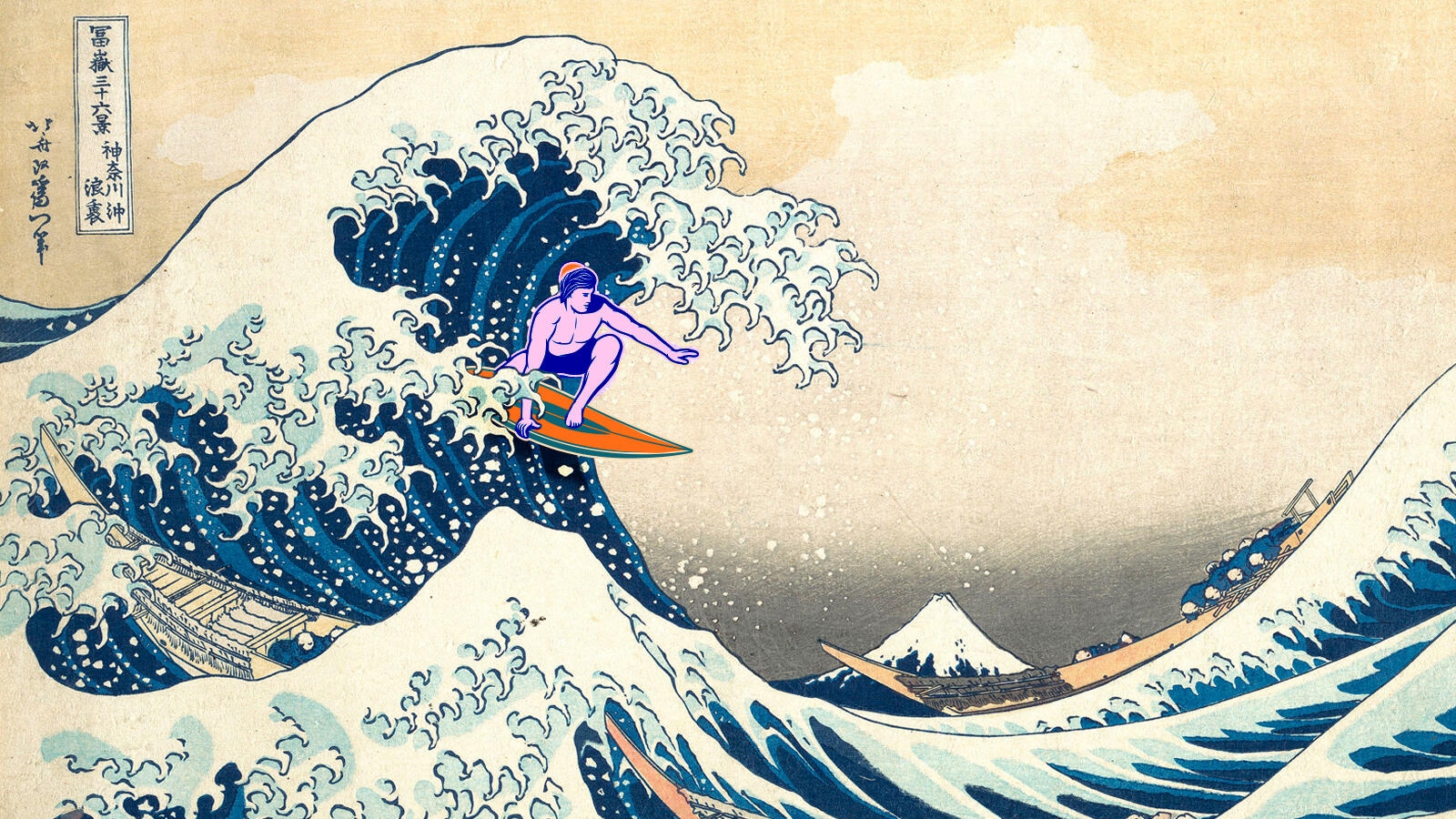Today’s daf continues the discussion of the mishnah from 18b, which details the requirements of hand washing. Today’s question: Does ritual washing require intent to purify?
Such a question may feel especially relevant to any hassled parent trying to get their children to wash up for lunch. Left unsupervised in shul for ninety seconds, Reuven and Shimon have toddled out to the lobby, where they have been amusing themselves by filling paper cups with hand sanitizer and shmearing it all over themselves and every article of furniture within reach. When told to clean up the mess and wash hands for lunch, the three-year-old lawyers protest that with all that sanitizer, they are as clean as any EMT. But are they ritually cleared for eating?
OK, they’re just kids, and not yet fully obligated in mitzvot. But what about adults? The mishnah on yesterday’s page clearly states that handwashing and toiveling (immersing in a kosher mikveh) are acts of intention. Cleanliness is one state; ritual purity goes beyond mere germicide. Accidentally or mindlessly pouring water over your hands doesn’t count, as the Gemara clarified yesterday with a beraita (citation of an older teaching):
One who washes his hands, if he intended to purify them, his hands are pure; if he did not intend to do so, his hands are impure.
With your help, My Jewish Learning can provide endless opportunities for learning, connection and discovery.
However, today’s daf raises a challenge to the idea that purification of the hands requires intent:
But isn’t it taught (in another beraita) that his hands are pure whether he did or did not intend to purify them?
Rav Nahman said: This is not difficult, as there, they are referring to non-sacred; whereas here, they are referring to tithes.
Rav Nahman sorts out the apparent contradiction between these two beraitas, suggesting that the challenge beraita refers only to washing for the purposes of eating non-sacred food (chullin), for which one is only required to wash, but not to hold the intention of achieving spiritual purity. However, he says, the earlier beraita refers to the case where one is planning to eat sacred food (tithes) and therefore intention to purify must be part of the washing ritual.
How might one wash up without intending to do so? Tamar Fox’s children’s book, No Baths At Camp, lovingly paints a picture of a rough-and-tumble week at Jewish sleepaway camp, where Shabbat achieves a special beauty unduplicated anywhere else in the world because, as Max explains to his mother as she hustles him toward the tub, “There are no baths at camp!” Of course, the child reading the picture book will notice how well the water fights, lake swims and other summer activities wash the sticky, paint-spattered campers clean.
And now, as you may have noticed, we’ve entered a discussion more about mikveh than hand washing. Especially in the premodern world, where sea bathing and swimming were practically synonymous, the question becomes: Does a swimmer who has just emerged from a shining lake of pure water still need to dip ritually (that is, with intention) to be purified?
Yes, says the Talmud, they do. Swimming for fun in the ocean is not sufficient. But not necessarily because of intention, rather because we cannot guarantee full immersion. The beach baby in question might be surfing on the water rather than immersing in it.
And from where do you say that one may not immerse in the arcs? As it is taught: One may immerse in the edges of waves, but one may not immerse in their arcs, because one may not immerse in air.
This talmudic argument strongly reminds me of the famous Japanese print “Under The Wave Off Kanagawa” as the Gemara patiently tries to explain that a surfer doing a tube ride right under the arc of a wave is not technically underwater, either for purposes of purity or for purposes of breathing.

This seems a little harsh for those of us stodgy landsmen who are unlikely to execute a perfect tube ride. I would volunteer to be the text’s example of someone who will never be found surfing under the arc of anything. Cannot the inexperienced swimmer, bather or three-year-old lawyer-in-training save themselves a lot of needless washing?
Actually, they can, the Gemara assures us.
As long as one of his feet is still in the water, if he had originally intended to strengthen his status of ritual purity for a minor matter, he may change intent to strengthen his status for a major matter. But if he has fully ascended from the bath, he may no longer make a chizuk (strengthened status) for any other matter.
Someone who has fully immersed and still has even one foot in the pure waters of the mikveh (or a body of water that qualifies as a mikveh) can change their intention and purify themselves to as high a degree as they desire. If, however, you’ve already climbed out and are toweling off, then resign yourself to eating chullin (non sacred food) or back into the water you must go!
Read all of Chagigah 19 on Sefaria.
This piece originally appeared in a My Jewish Learning Daf Yomi email newsletter sent on February 28th, 2022. If you are interested in receiving the newsletter, sign up here.



